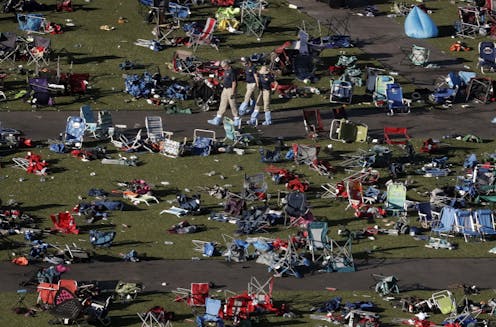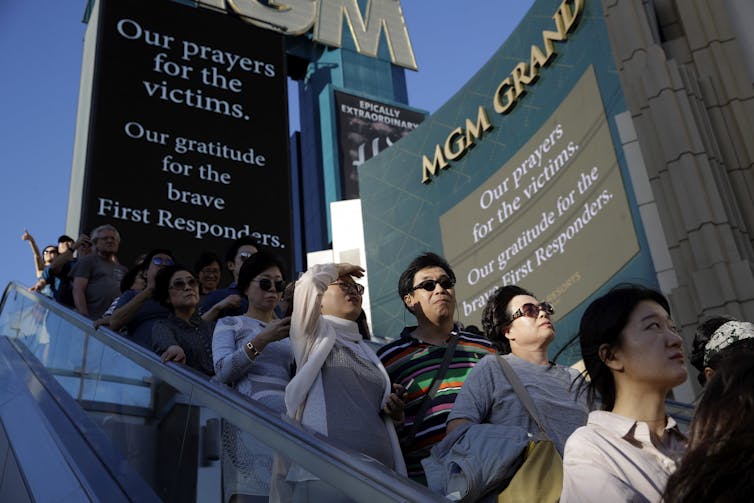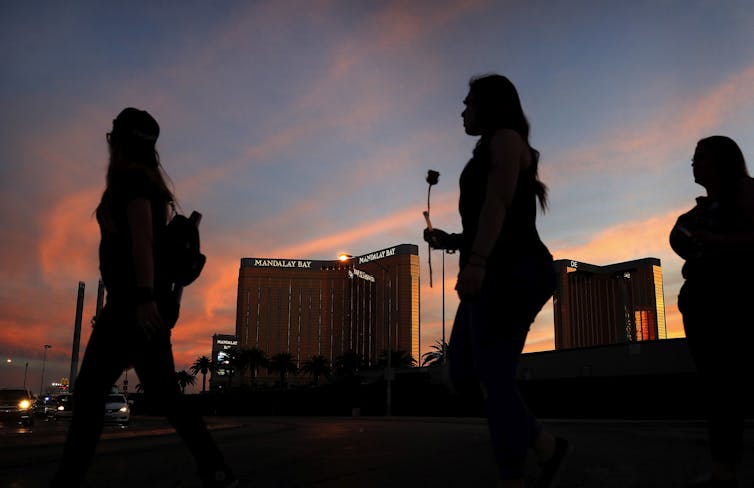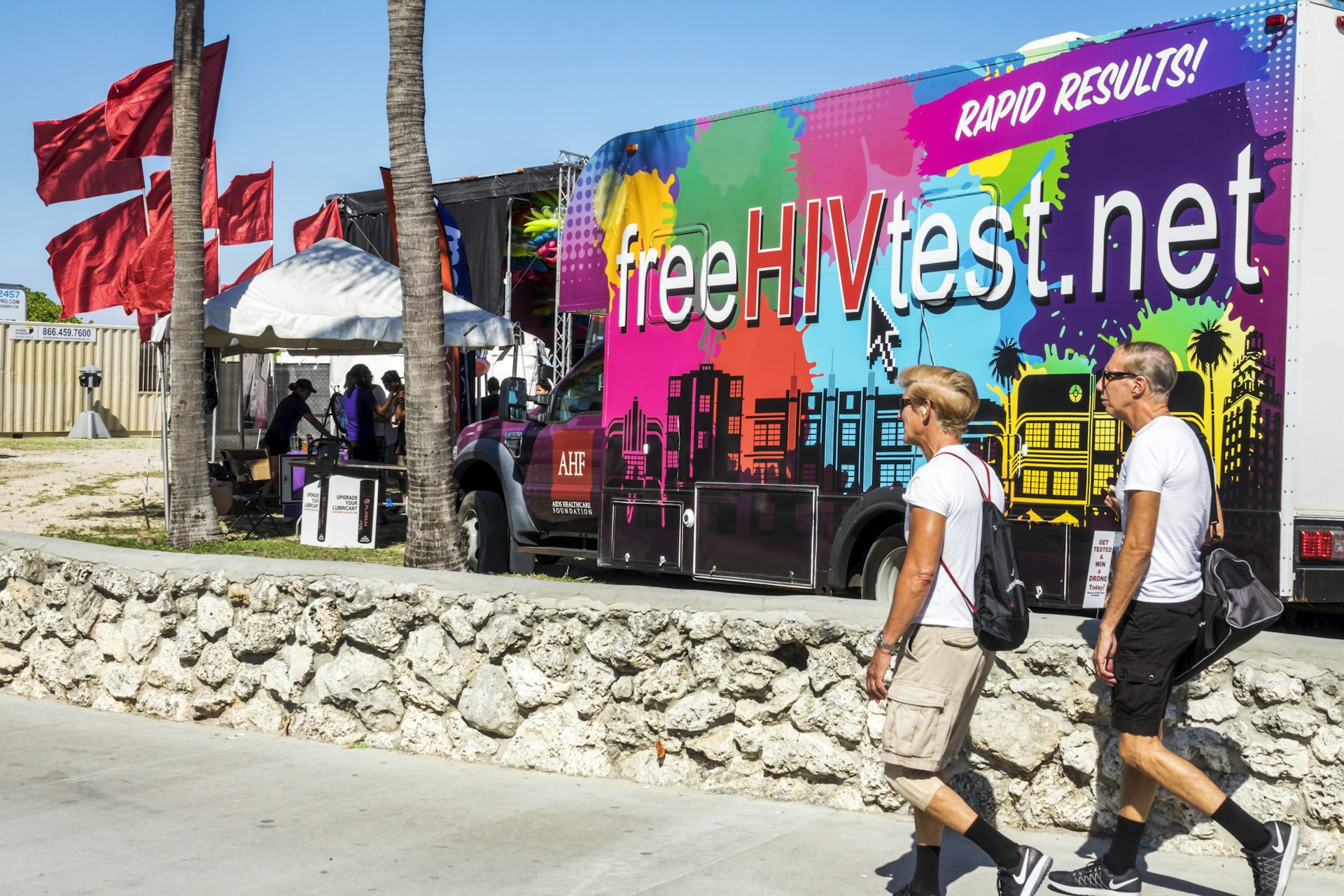MGM is suing the victims of the worst mass shooting in US history. Here's why
The hotel company filed an unprecedented lawsuit against the victims of the mass shooting in Las Vegas last October, arguing it has immune from liability under federal law.

Last October, Stephen Paddock unleashed a barrage of automatic gunfire from a 32nd-floor hotel room overlooking a large crowd of concertgoers attending a country music festival in Las Vegas. With a body count of 59 dead and another 500 wounded, it was the worst mass shooting in U.S. history.
Victims of the attack filed lawsuits last fall against MGM Resorts International, the owner of the hotel and the festival grounds, alleging that the company provided lax security, ignored warning signs that Paddock was stockpiling guns and ammunition in his hotel rooms for days, and failed to respond quickly once the shooting was underway.
On July 13, MGM fired back.
The company filed a lawsuit in federal court against the victims, seeking a declaration that, under federal law, it is immune from any liability for injuries arising out of the Las Vegas mass shooting.
In two decades of writing about litigation arising out of gun violence, I believe that MGM’s legal strategy is unprecedented but not entirely unexpected. If successful, MGM’s lawsuit would fundamentally alter the duties that hotels and concert venues owe to their patrons at a time in our nation’s history when mass shootings have made them especially vulnerable.

The basis for MGM’s lawsuit
MGM’s claim of immunity is based on a federal statute called the Support Anti-Terrorism by Fostering Effective Technologies Act – known as the SAFETY Act – passed shortly after the Sept. 11, 2001, attacks on the Twin Towers and the Pentagon.
The act limits the liability of companies that develop new technologies or sell services to prevent and respond to terrorist attacks. More importantly for MGM’s purposes, the act makes the customers of such companies entirely immune from liability. These liability provisions apply to any claims arising out of “an act of terrorism.”
To provide security at the Route 91 music festival, MGM hired the Contemporary Services Corporation, a company whose security services have been certified by the secretary of Homeland Security to fall under the provisions of the SAFETY Act, which would render MGM, as a client, immune from liability.
Why is MGM suing the victims?
MGM’s complaint asserts that more than 2,500 individuals have filed or threatened to file lawsuits against the company for injuries – ranging from death to emotional distress –arising from the shooting.
Because MGM’s lawsuit is based on a federal statute, it will be heard in a federal court. The company likely expects a federal judge would be less sympathetic to the victim’s claims than the local state court judges by whom the victims’ lawsuits will be heard. If the federal judge decides in MGM’s favor, that would put an end to the lawsuits in state courts.
MGM’s lawsuit seeks a declaratory judgment that it is immune from liability under the SAFETY Act, which would dispense with all 2,500 potential claims against it in one fell swoop.
The initial public response to MGM’s lawsuit has been highly critical, but the company is likely betting that reducing its potentially disastrous liability exposure – which could run into hundreds of millions of dollars – is worth any damage to its brand.

MGM’s odds of success
To obtain immunity under the SAFETY Act, MGM will have to convince the court that the Las Vegas mass shooting was an act of terrorism, which the law defines as an illegal act that “uses or attempts to use instrumentalities, weapons or other methods designed or intended to cause mass destruction.” Just how the court will decide that issue remains unclear.
According to MGM’s own lawyer, this is the first litigation invoking the act, and no court has yet interpreted the provisions of the act.
Gun sellers and retailers are already immune from such lawsuits arising out of the criminal misuse of the weapons that they sell under the 2005 Protection of Lawful Commerce in Arms Act.
If successful, MGM’s lawsuit would extend similar protection to the hotels, concert halls, fairgrounds, schools and other venues currently responsible under the law for taking reasonable measures to protect the public. MGM’s denial of any responsibility for public safety on its property represents a new strategy by public accommodations for responding to mass shootings: run for the exits.
Timothy D. Lytton has provided expert consulting services to law firms representing gun violence victims
Read These Next
Why ICE’s body camera policies make the videos unlikely to improve accountability and transparency
For body cameras to function as transparency tools, wrongdoing would have to be consistently penalized,…
Honoring Colorado’s Black History requires taking the time to tell stories that make us think twice
This year marks the 150th birthday of Colorado and is a chance to examine the state’s history.
50 years ago, the Supreme Court broke campaign finance regulation
A gobsmacking amount of money is spent on federal elections in the US. The credit or blame for that…






